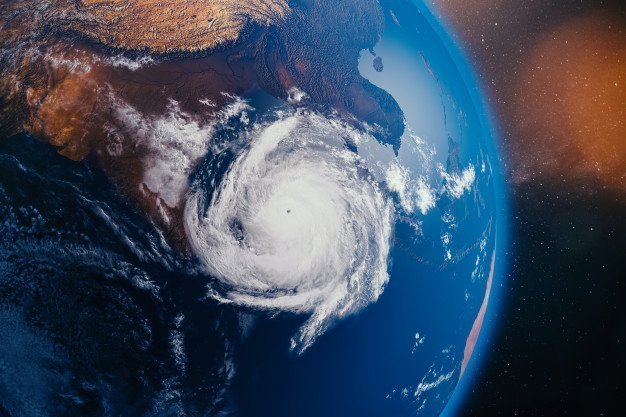Oil rose on Tuesday, after falling to a nine-month low the day before, amid indications producer alliance OPEC+ may impose production cuts to prevent a further price collapse.
Brent crude futures for the November settlement rose 65 cents, or 0.77%, to $84.71 a barrel as of 0502 GMT. West Texas Intermediate (WTI) crude futures for November delivery rose 64 cents to $77.35 a barrel.
In the previous two trading sessions, Brent fell 7.1%, while WTI slid 8.1% amid bilateral pressure that dampened fuel demand amid growing concerns that a rising dollar, which is making dollar-denominated crude oil more expensive for buyers of other currencies, and rising interest rates will trigger a recession.
The softening dollar on Tuesday provided some relief to the oil market. The dollar index fell slightly from the 20-year high it touched the previous day.
Officials of major producers reacted to the recent declines by stating that they can take action to maintain price stability.
The Organization of the Petroleum Exporting Countries (OPEC) and its allies, including Russia, monitor oil prices to maintain balance in the markets. A sharp rise or collapse in oil prices is undesirable.
It is possible that prices will be supported by more sales in the oil markets and OPEC+ reducing their production en masse.
If there are to be cut, they will need to be slightly more than the 100,000 barrels per day (bpd) agreed at the last OPEC+ meeting to have a meaningful impact on the market.
OPEC+ increased production this year after record cuts were made in 2020 due to the devastation of demand caused by the COVID-19 pandemic. However, the organization has failed to meet the planned production increases in recent months, which has undermined the effectiveness of the announced production reductions.
Disruptions stemming from the Russia-Ukraine war are straining the market as there is no clarity on a planned European Union price cap for Russian oil exports, which is expected to start in December.
Southern Cyprus and Hungary are among the countries that have expressed their opposition to the proposal. There were expectations that an agreement would be reached this week, but now that seems highly unlikely.
The anticipated arrival of Hurricane Ian caused BP Plc and Chevron Corp’s to halt production on offshore oil platforms in the Gulf of Mexico, the largest US offshore production area, on Monday.
A Category 2 storm is expected to turn into a major hurricane in two days.

